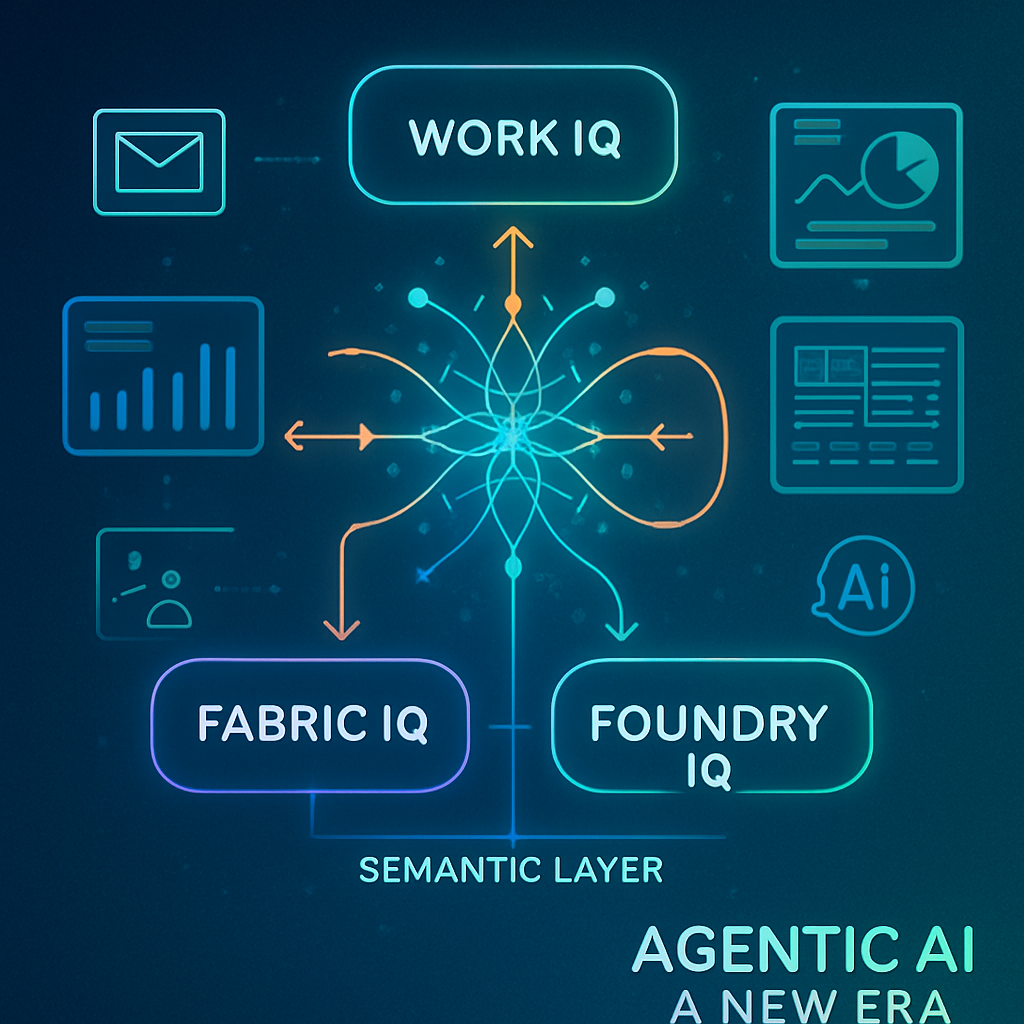How Microsoft Fabric Can Be the Gamechanger in Utilizing Data in Your Business
In the digital age, the ability to harness data analytics is no longer a luxury reserved for large corporations. Small and medium-sized businesses (SMBs) stand to gain significantly from tapping into the power of data to streamline operations, reduce costs, and make informed decisions. This is where Microsoft Fabric comes into play.
Microsoft Fabric’s integrated analytics and data analytics tools present an equally compelling case for SMBs. Whether a business requires minimal data processing capabilities or more extensive data analytics and warehousing solutions, Fabric’s scalable architecture allows for seamless expansion. This means SMBs can start small and scale their data analytics infrastructure as their needs grow, without the need for significant upfront investments or the risk of outgrowing their existing systems.
Microsoft Fabric, with its integrated approach to data analytics, offers SMBs substantial cost savings, particularly regarding Power BI Embedded. The platform’s capacity-based licensing model allows businesses to scale their operations without incurring the steep costs typically associated with premium data analytics services.
Microsoft Fabric distinguishes itself from traditional data analytics solutions through its comprehensive suite of integrated tools and services. At its heart, Fabric provides end-to-end data management capabilities, from data ingestion and storage to advanced analytics and reporting. This integrated ecosystem enables SMBs to streamline their data workflows, eliminating the need for disparate systems and the complexity they entail.
Unlike solutions like Azure Data Factory (ADF), Azure Synapse Analytics, and Databricks, which may require extensive configuration and management, Fabric presents a more unified and user-friendly platform. It combines data integration, warehousing, business intelligence, and data science capabilities in a single, cohesive environment.
Adopting Microsoft Fabric in an SMB setting involves strategic planning and execution. Initially, SMBs should identify their key data analytics objectives and requirements, allowing for a tailored implementation that addresses specific business needs. Engaging with Microsoft Fabric’s trial offerings or starting with lower-tier SKUs can provide valuable hands-on experience, enabling SMBs to gauge the platform’s fit for their operations.
In a rapidly evolving digital landscape, SMBs must stay agile and adaptable. Microsoft Fabric not only meets the current data analytics needs of SMBs but also positions them for future growth and challenges. Its continuous updates, integration with emerging technologies, and scalable architecture ensure that SMBs equipped with Fabric can adapt to new market dynamics and data-driven opportunities.
In conclusion, Microsoft Fabric represents a significant opportunity for SMBs to advance their data analytics capabilities. By offering cost-effective, flexible, and powerful data management and analytics platform, Fabric enables SMBs to compete on a larger scale. As we move towards an increasingly data-driven world, the ability to efficiently process and analyze data will become a critical factor in determining business success. Microsoft Fabric stands ready to help SMBs meet this challenge head-on, providing the tools and technologies necessary to drive informed decision-making and sustainable growth.
Stay connected. Join the Infused Innovations email list!
Share this
You May Also Like
These Related Posts

Work IQ, Fabric IQ, and Foundry IQ: The New Semantic Architecture of Agentic AI
MAM and Intune: Sandboxing Corporate Data

No Comments Yet
Let us know what you think